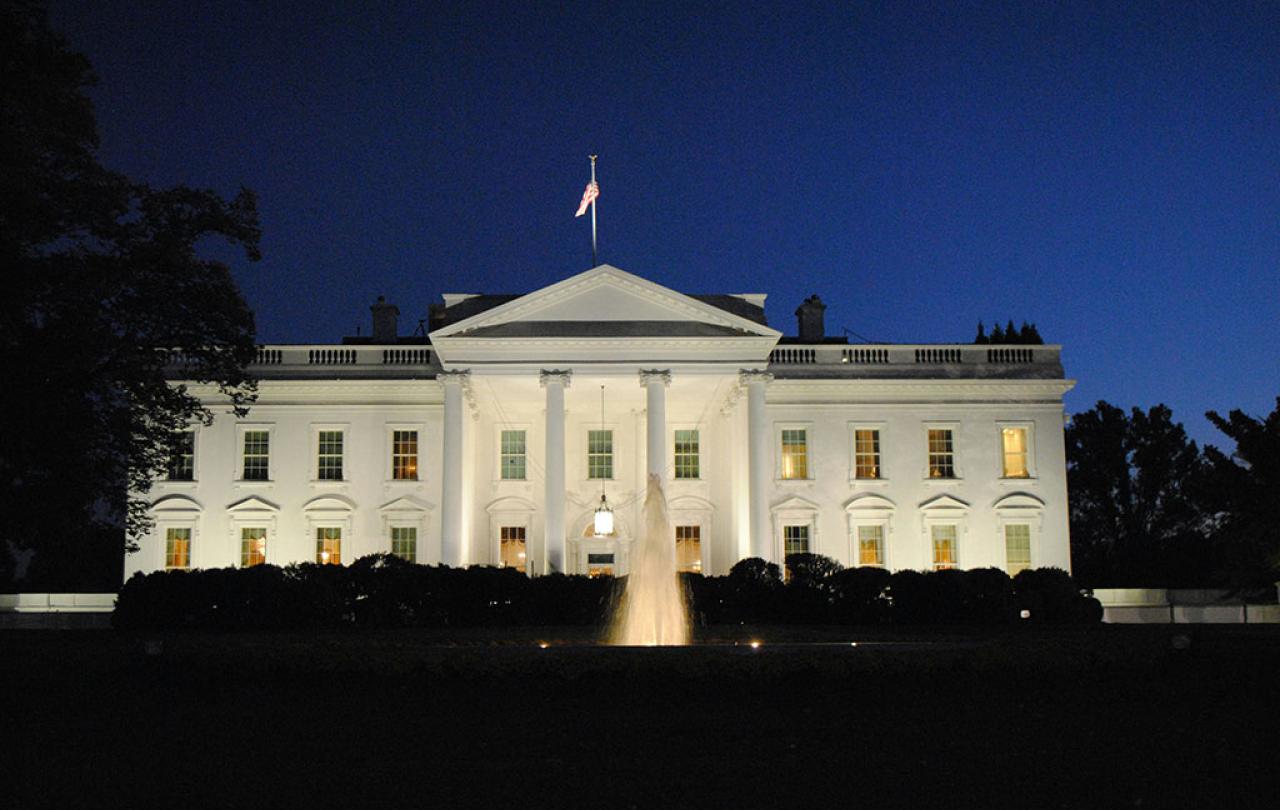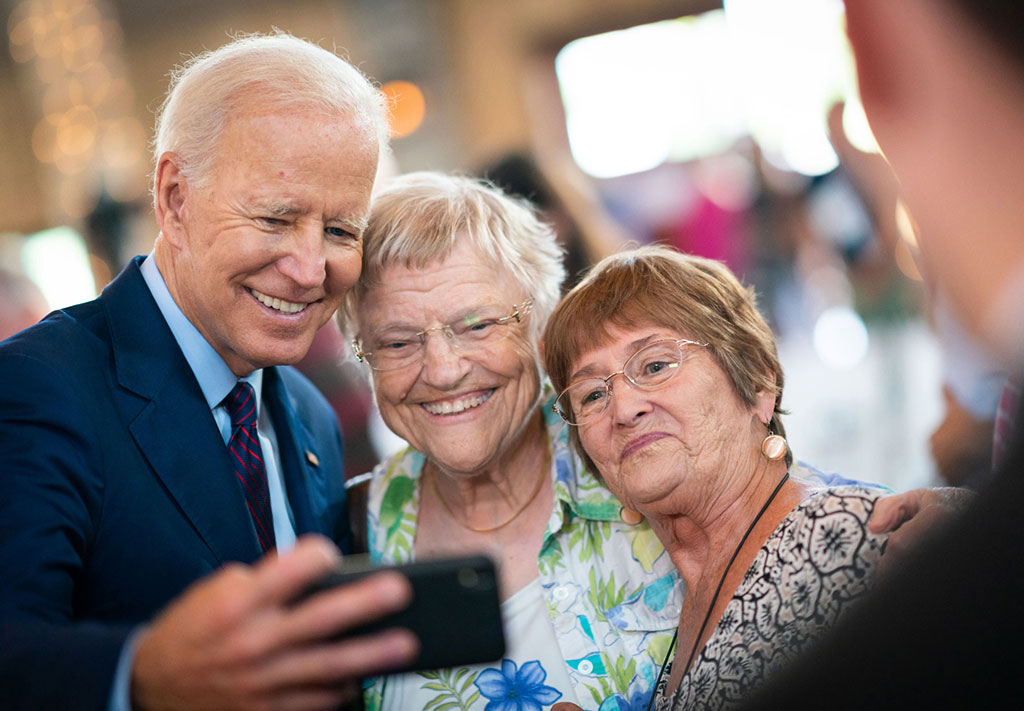
As the election campaigns trundle down the hill to election day, poll trackers have shown little meaningful change for weeks. Amongst my friends and acquaintances, I can find barely anyone who is bothering to read the campaign coverage. No doubt, news editors are just as bored as we are with the same-old, same-old. Perhaps it is they who are leaning on commentators to spice up their language, saying things like it is time to “go for the jugular”. Are they straining for headlines by provoking candidates to stop waving manifestos and start lobbing personal attacks? (And did anyone stop to consider the irresponsibility of such language, following the awful, violent murders of MPs Jo Cox and David Amess?)
It is very uncomfortable to have enemies, which only makes it all the more astonishing that anyone ever goes into politics – professional enemy-making, if you will. And there is an incredible subtlety to the business. As a politician, one needs to be a convincing enemy to one’s enemy, but at the same time, a convincing friend to one’s enemy’s friends (in the hope that they might switch their allegiance). Then, if elected, one must serve a whole constituency, including many ‘enemies’ who didn’t actually vote for you, and probably never will. In such a complicated game of gregarious gymnastics, and with the ever worrying rise of violence and threats against MP’s, how on earth does a politician maintain any reasonable sense of safety and of self?
An enemy who has lost his temper is one of the few people that you can trust to tell you the truth about yourself.
Reflecting on this, I wonder whether the game of politics gives a fresh insight into those very famous words that Jesus once said: “Love your enemies.” This instruction has long baffled and inspired the great thinkers of this world. Why would Jesus say such a thing? Some focus on the way in which loving one’s enemies benefits the lover. Desmond Tutu, for example, said, “Love your enemy: it will ruin his reputation.” Or Mark Twain, somewhat more cynically, said, “Love your enemy: it will scare the hell out of them.” There are many others I could quote here, but the general theme is one of power. Loving empowers the lover to keep going in the face of hate, and it is surely the only way an MP can get through the day, serving so many people who didn’t actually vote for them.
But looking at those who speak of enemies, there is another general theme that can be identified, one which pre-dates Jesus’ command to love enemies, and one that is to do with the way in which they help to define us. The Greek Philosopher Antisthenes is reported to have said that an enemy who has lost his temper is one of the few people that you can trust to tell you the truth about yourself. As a thinker, Antisthenes was famously cynical, one who very much subscribed to a “what doesn’t kill you makes you stronger” kind of vibe, even welcoming ill-repute because it could help one to grow in virtue.
Given the popularity of Greek Philosophy in the first century, it is possible that many of Jesus’ listeners had Antisthenes pithy advice, or something like it, in the back of their minds when Jesus uttered his famous words. Of the many ways to understand “love your enemies”, some may have heard it as a reminder that enemies do us a kind of service. They help us to define ourselves, giving a profound (if somewhat uncomfortable) reflection of how we appear to others. Of course, enemies are biased. Like a distorted mirror, they over emphasise our bad propensities and overlook the good. But taken in the right spirit, this serves as a foil to our friends and acquaintances who may well distort the uncomfortable truth about ourselves in the opposite direction.
Perhaps it is no bad thing for our politicians to admit their mutual enmity – not in the sense of tearing each other down but in the sense of sharpening each other up...
As a young adult, I was given the advice not to fear enemies, but to divide them up into two categories: enemies in residence and enemies in exile. The exiled ones are the ones who are simply dangerous or nasty – the bullies, the gossips and those who may tend towards violence. To love these people is to pity them and to pray for them, but also to keep them far enough away so that they cannot do you harm. Enemies in residence, however, are the useful ones. These are the enemies that you keep just close enough so that you can hear what they have to say. They will scrutinise your words and your actions, they will cast doubt on your motivations, and they will scoff at your ambitions. All of this is both miserably uncomfortable and highly valuable, sowing just enough seeds of self-doubt that you check yourself, analyse yourself and strive to be the best that you can be.
Perhaps Antisthenes was on to something: when it comes to harsh critique from enemies, what doesn’t kill you does indeed make you stronger. And perhaps this is one of the ways to interpret Jesus’ words, “love your enemies” – in the sense of loving what they do for you in terms of personal growth. If this is the case, then perhaps it is no bad thing for our politicians to admit their mutual enmity – not in the sense of tearing each other down but in the sense of sharpening each other up, of spurring each other on to be the best, most clearly defined versions of themselves that they can be.
So, it is fine with me if there are enemies in politics: a person with enemies is a person who knows who they are and what they stand for. Enemies should, as Jesus advised, love each other enough to do the job properly and fairly – (this is no inlet for cowardly keyboard warriors). But even so, I didn’t care for the cheap, headline-grabbing phrase “go for the jugular” – it all sounds unnecessarily violent. As much as we and our politicians should love one another enough to be enemies, let us not love one other to death.






